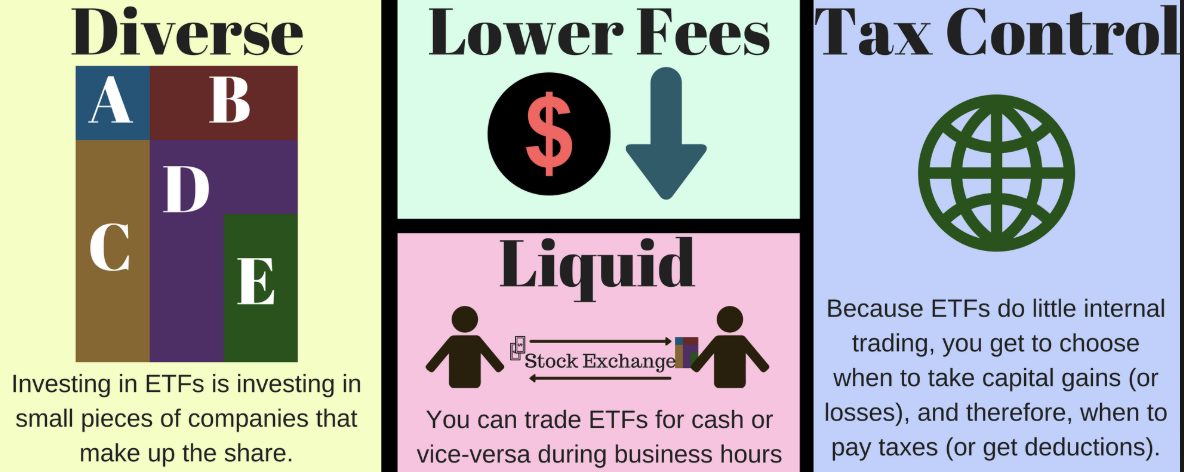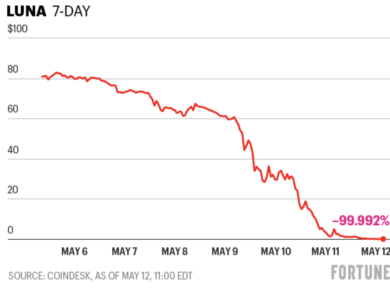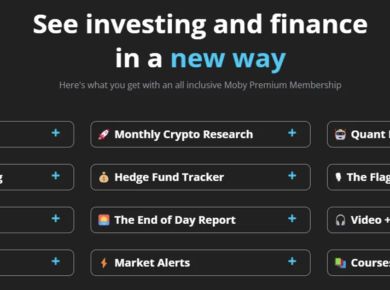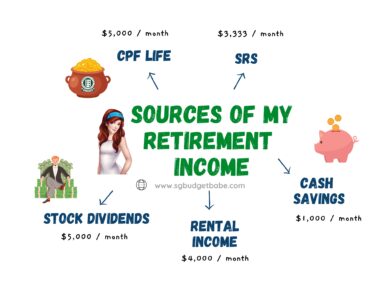Which investing strategy should I use? Is Stock A better than Stock B, or the other way round? How come my numbers don’t tally? What if I don’t have time to monitor the market and can’t buy or sell in time?
Welcome to the world of investing and all the stress associated with it. Except that it doesn’t have to be.
There are a group of investors who don’t track the market and who don’t select individual stocks, but still enjoy market-weighted returns with minimal effort.
That’s right, I’m referring to index investors. And if you wanna be like them, here’s an introduction into their world of indexes and ETFs.
Index Investing and ETFs
Don’t know which stock to pick? Then don’t!
While I personally enjoy the research and stocks selection process, I know of many people who don’t, or who simply don’t have the time for it. I know how that feels like, especially when you feel like you’ve a million and one tasks on your to-do list to accomplish.
Enter Index Investing – a strategy where you invest in exchange-traded funds (ETFs) that closely track an underlying index instead of selecting individual stocks to put your money in.
It’s a lot easier and takes up less time.
ETFs are Low-cost
I’ve previously shared about one of my biggest must-haves in investing: keeping costs low, and ideally below 1%.
Index funds are often the lowest-cost financial instruments available to a retail investor, simply because there’s no active portfolio manager who needs to be paid. You also get immediate access to multiple stock holdings without having to pay more.
Low costs lead to better returns, and are usually a more accurate predictor of investment performance than anything else.
ETFs are Diversified
Ever heard about not putting all your eggs in one basket?
ETFs are the easiest ways to diversify your portfolio because they can offer you exposure to different markets and industries within a single purchase.
For instance, imagine if you wanted to buy 1 lot of each of Singapore’s top 30 companies by market cap. That will cost you at least $750 in brokerage fees and a sizeable 5-digit sum, but you can bypass this by simply buying the STI ETF instead. It’ll cost you wayyyyy less.
ETFs are Fun!
Some investors think ETFs are boring. Nothing could be further than the truth.
Most people think of market or country indexes, but there are also industry-specific ETFs, and even thematic ETFs.
For instance, did you know there’s an ETF ticker called SLIM? Everyone laughs whenever I mention this, but I’m completely serious. SLIM is an ETF that invests in and tracks the performance of the global companies that would benefit if obesity numbers continue to grow. Check it out here.
Or, if you believe that Millennials are going to be responsible for the majority of consumer spending in the next few decades, with companies such as Netflix, Starbucks and Google benefiting, then you can also look at the ETF ticker called GENY (Gen Y) here.
This is why I’ve been laughing a lot lately while doing my stocks research, lol. Hopefully I’ll be laughing all the way to the bank too 😉
Learn more about ETFs before investing
I love ETFs and think that they’re perfect for beginner investors, as well as anyone who wants a low-cost and diversified approach to their portfolio. ETFs definitely have a place in my portfolio, and you should explore them too!
The folks at FSMOne recently reached out to me to promote their ETF Focus List and their upcoming ETF Festival which is completely free to attend, aimed at helping investors to better learn and understand ETFs. I thought this was a great initiative, so here are the details:
*** Start of Sponsored Message by FSMOne ***
ETF Focus List
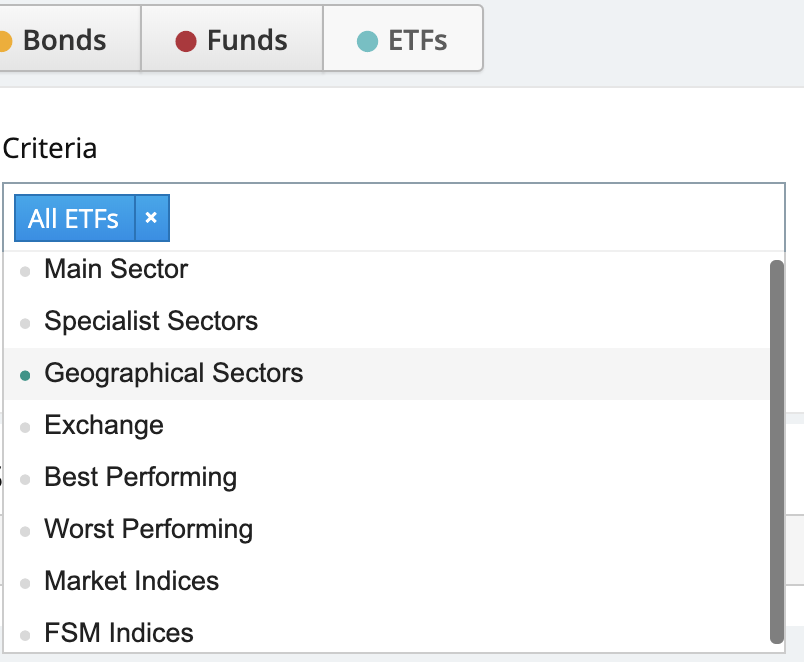
If you’re stumped on what ETFs to invest in, perhaps start your research by checking out this list of curated 42 ETFs by FSMOne’s analysts.
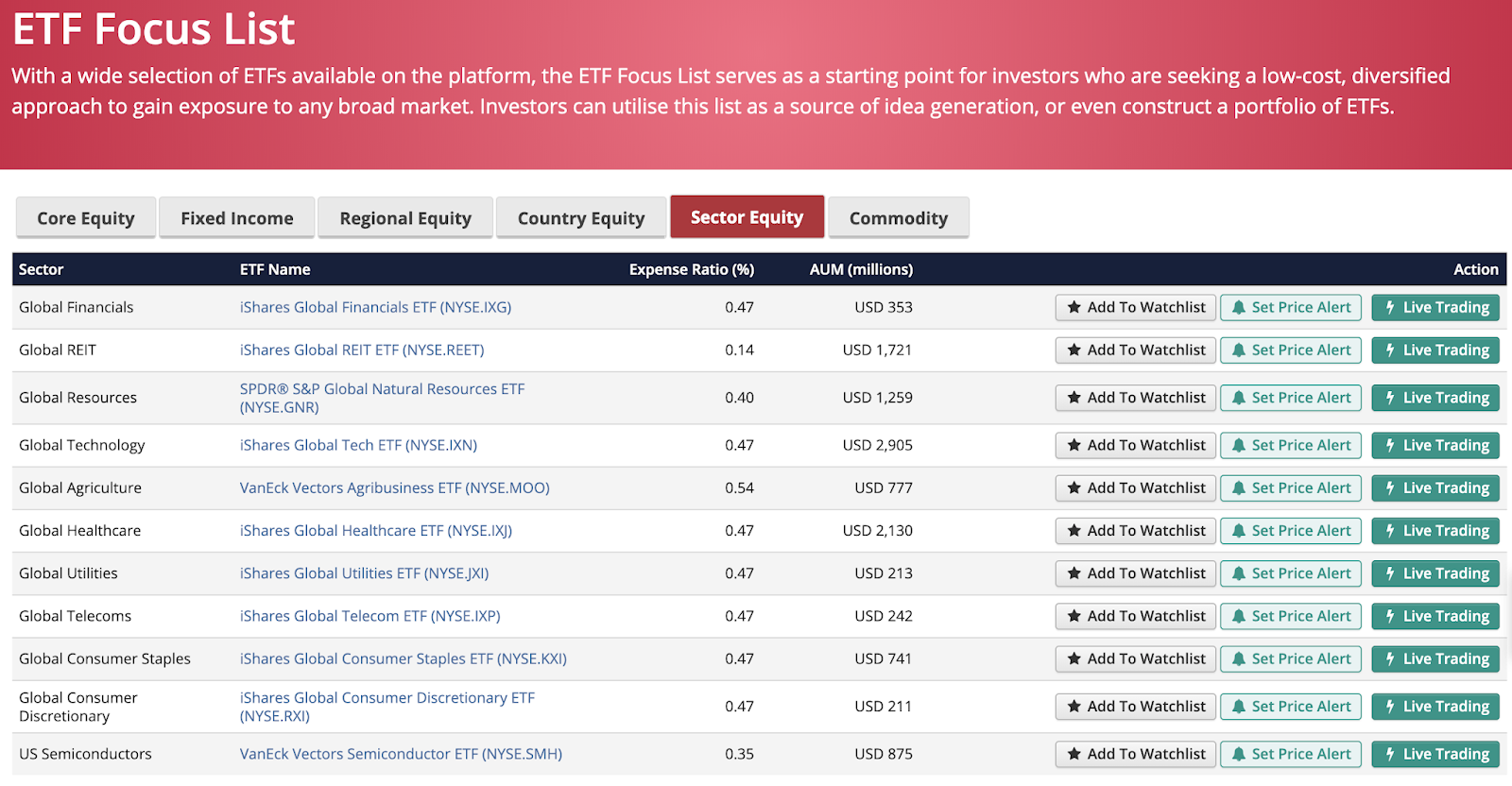
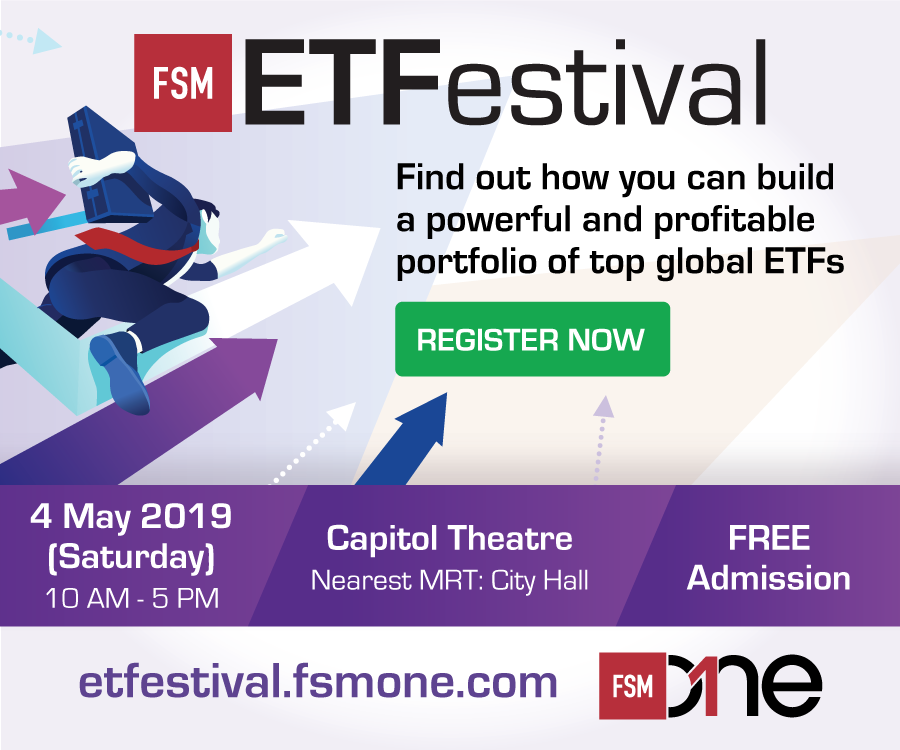
You’ll be able to delve deeper into the world of ETFs and we’ll also be sharing our favourite ETFs that we believe are primed to outperform. Whether you’re a new or experienced investor, you can expect a line-up of presentations from FSMOne.com and other industry professionals from the likes of Nikko Asset Management, which will highlight key market trends and how ETFs can benefit an investor’s portfolio.
